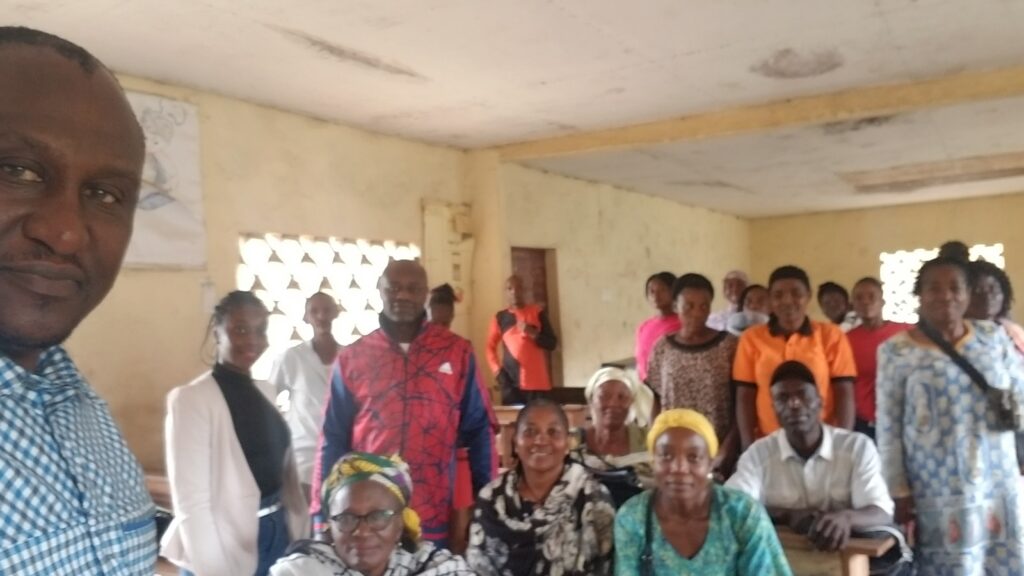
The LINK-UP Way (Our Operational Model)
The LINK-UP Way to Development and Sustainability
The LINK-UP Way is rooted in the belief that sustainable development is best achieved through a people-centered, community-driven approach. We prioritize grassroots empowerment and emphasize the importance of local ownership and participation.
Key Principles:
- Community-Driven Development: We believe that development initiatives should be driven by the needs and priorities of the local community. This “bottom-up” approach ensures that projects are relevant, sustainable, and owned by the community.
- Self-Help Groups: We leverage the power of self-help groups (SHGs) to foster collective action, promote financial inclusion, and enhance community resilience.
- Capacity Building: We prioritize capacity building among community members, equipping them with the skills and knowledge necessary to identify and address their own development challenges.
- Local Resource Mobilization: We encourage communities to utilize their own resources – human, natural, financial, and social – to drive development initiatives.
- Indigenous Knowledge: We recognize and value the importance of traditional knowledge and local wisdom in addressing community needs.
- Long-Term Sustainability: We focus on building sustainable systems and empowering communities to become self-reliant and independent.
Benefits of the LINK-UP Way:
- Increased Community Ownership: When communities invest in their own development, they are more likely to support and sustain projects.
- Enhanced Sustainability: Reliance on local resources and community participation fosters long-term sustainability and reduces dependence on external aid.
- Improved Effectiveness: Community-driven approaches are more likely to address the specific needs and priorities of the community, leading to more effective and impactful outcomes.
- Increased Resilience: By empowering local communities, we build resilience to external shocks and challenges.
Challenges of Traditional Aid Models:
- Donor Dependency: Over-reliance on external funding can create dependency and hinder long-term sustainability.
- Lack of Community Ownership: Top-down approaches may not always reflect the needs and priorities of the community.
- Limited Local Capacity: External aid may not always adequately address the capacity-building needs of local communities.
The LINK-UP Way offers a viable alternative to traditional aid models by:
- Fostering local leadership and ownership.
- Building on existing community strengths and resources.
- Promoting self-reliance and sustainability.
- Ensuring that development initiatives are truly responsive to the needs and aspirations of the community.
By adhering to these principles, LINK-UP strives to empower communities and create lasting positive change.
